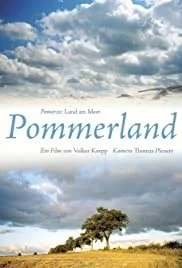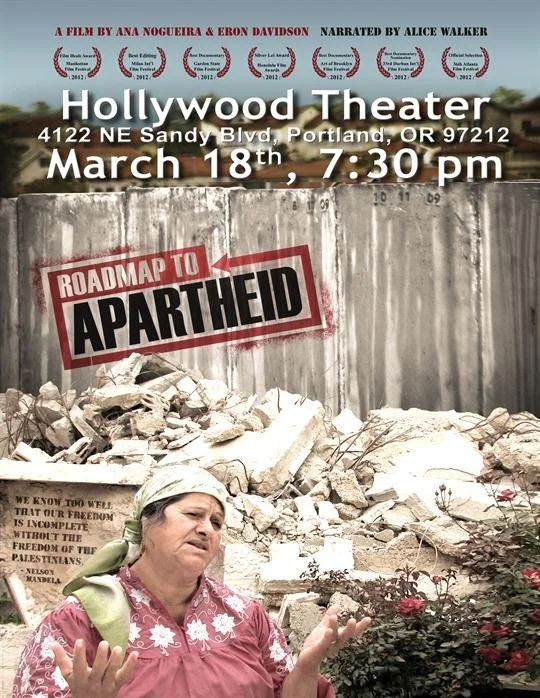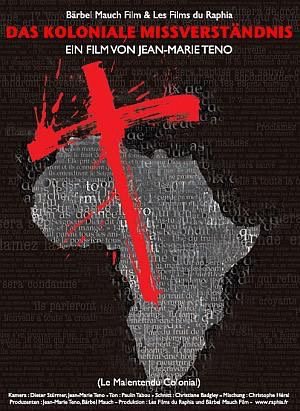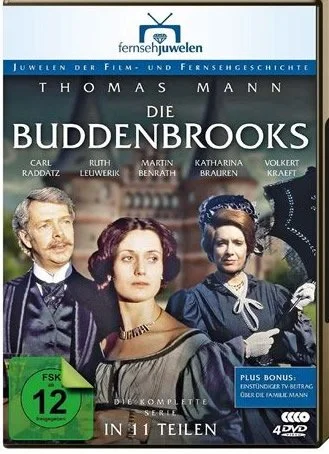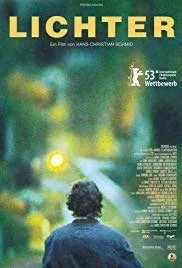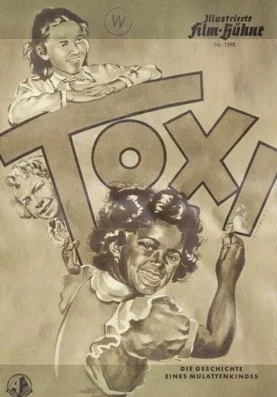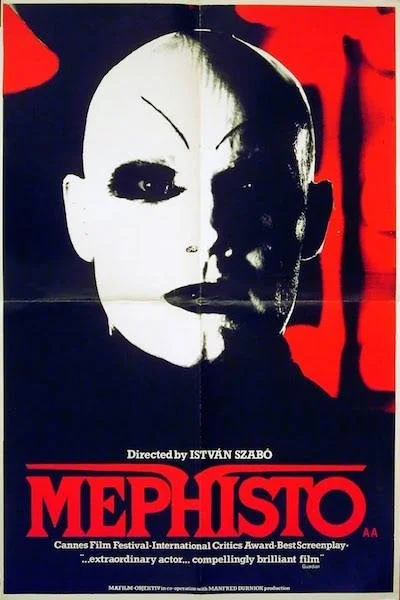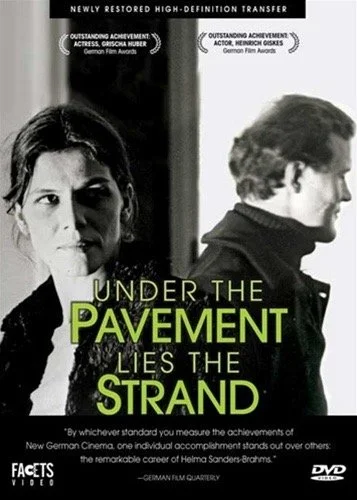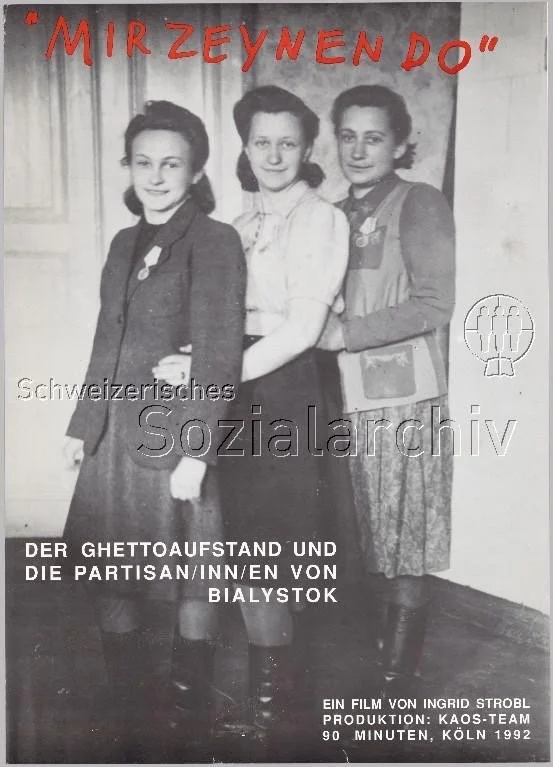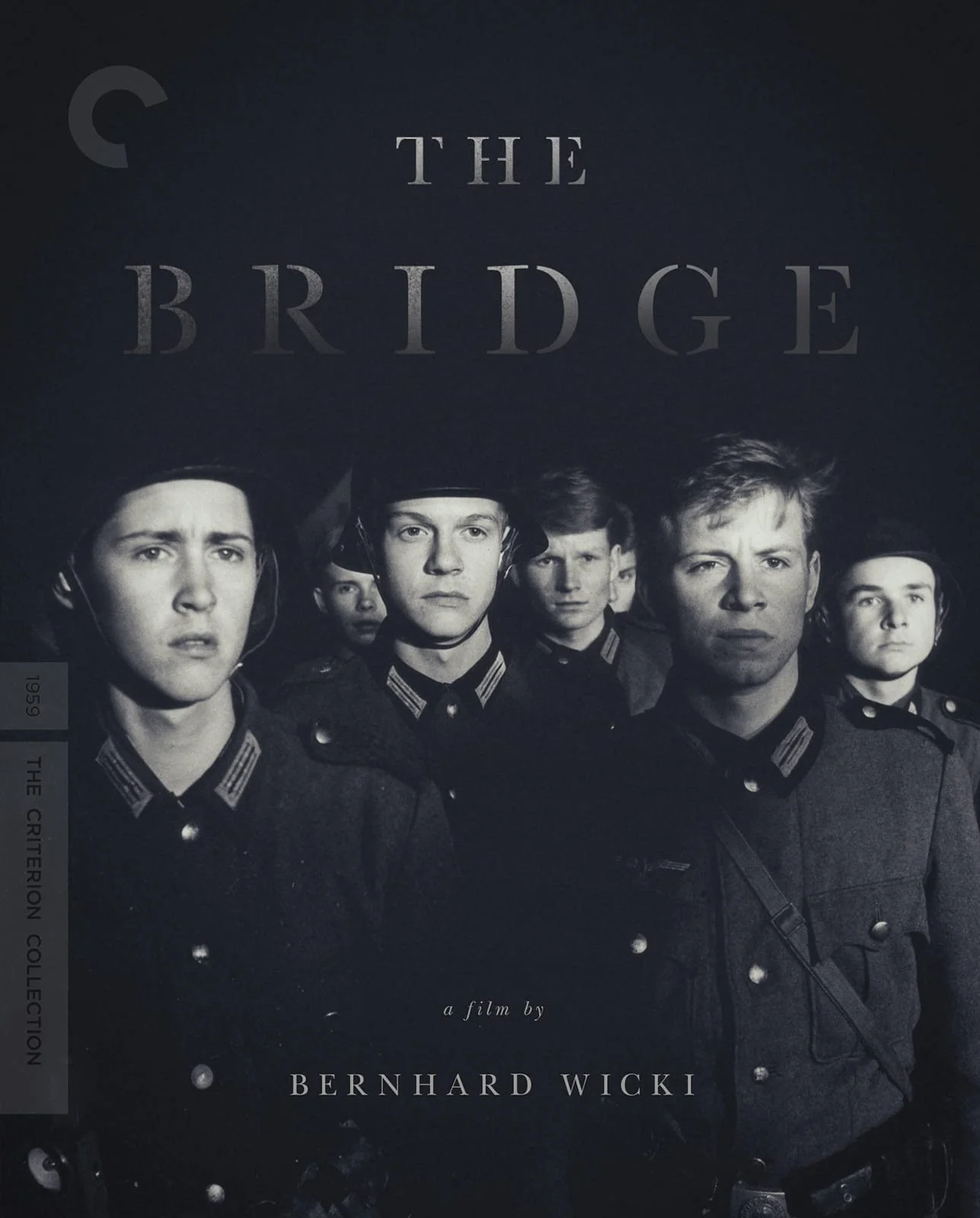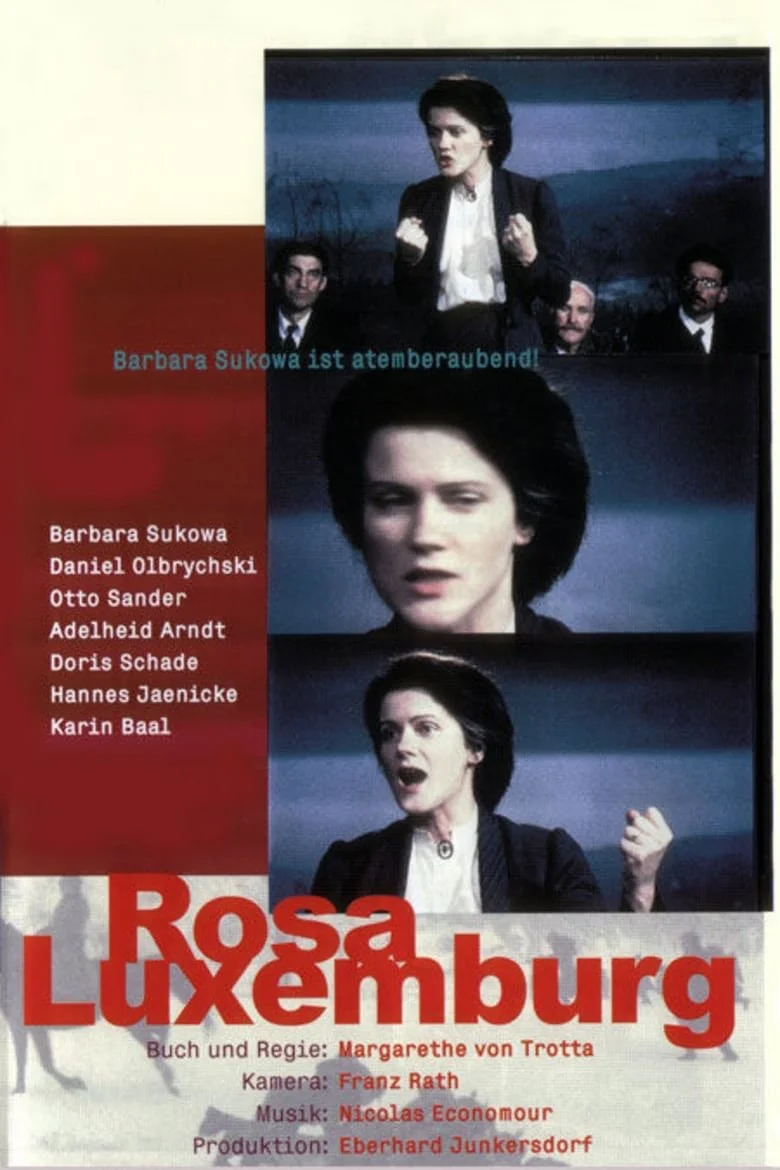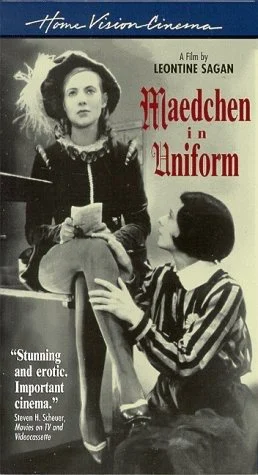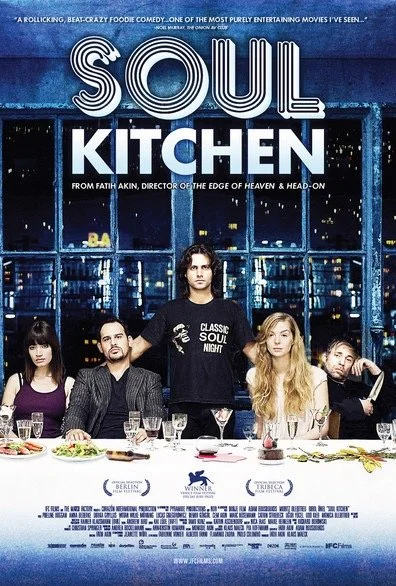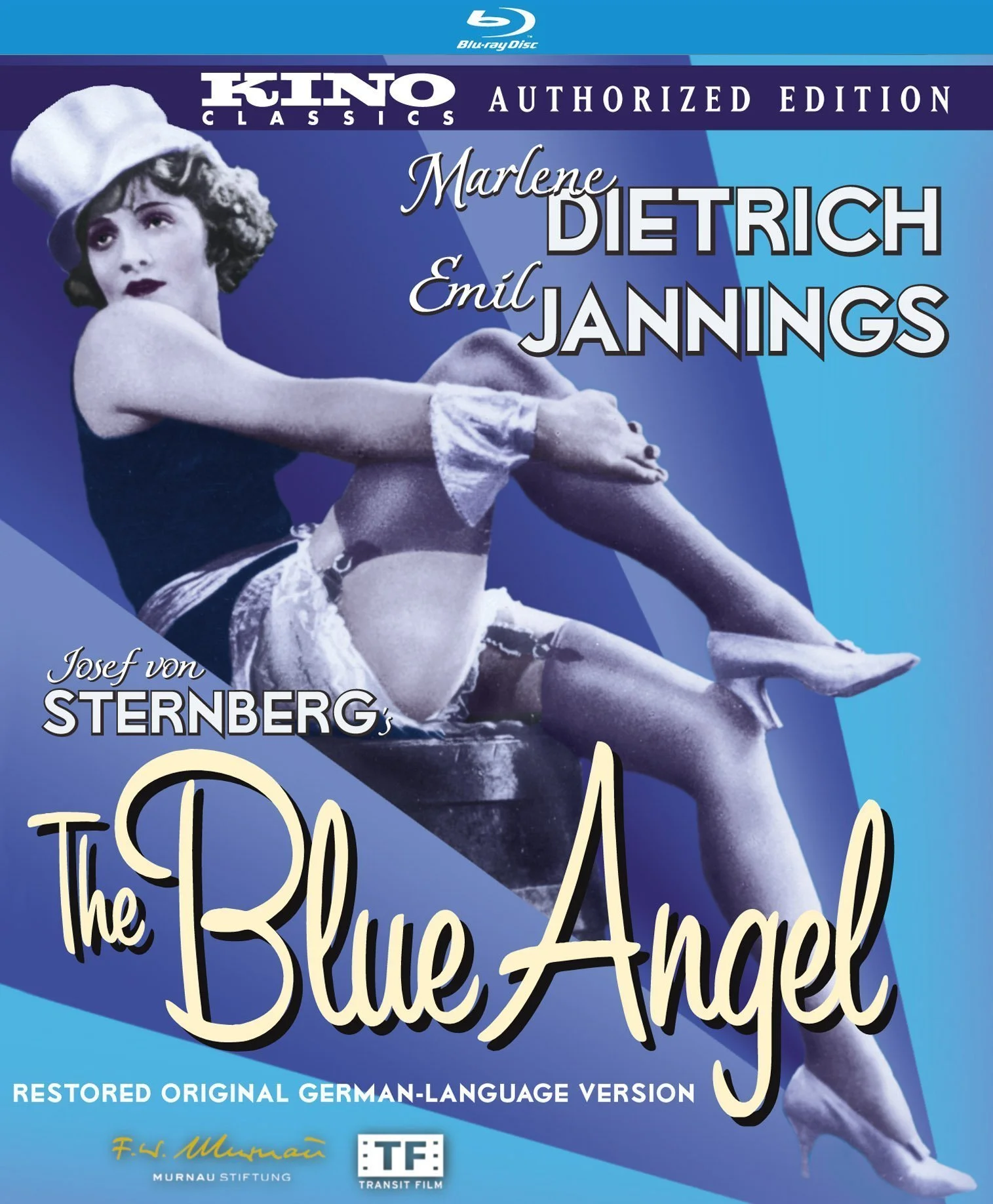- Activism
- Animation
- Asylum
- Austria
- Berlin
- Black Germans
- Childhood
- Cologne
- Colonialism
- Comedy
- DDR
- Documentary
- East/West Germany
- Environment
- Food
- Hamburg
- Health
- Holocaust
- Immigration
- Intergenerational Families
- Jewish
- Judicial system
- Lesbian/Gay
- Lübeck
- Munich
- National Socialism
- Politics
- Pomerania
- Racism
- Religion
- Sexism
- Short films
- Stuttgart
- Switzerland
- Twins
- Weimar Republic
Pommerland
In his documentary film, Volker Koepp portrays the picturesque Polish region of Pomerania. But although the region appears to be idyllic, its inhabitants are struggling with big problems. The villages and cities of Pomerania that traditionally live from agriculture are hit by unemployment rates of up to 75% after the meltdown of the state farms. While most of the young people leave the region, some of them take their chances and start fresh – for instance, a young couple that tries to rebuild an agricultural farm with the help of EU funding. Furthermore, older inhabitants, including a spry 90-year old retiree from the Uckermark region who grew up in Pomerania, tell stories about the region′s eventful past.
Roadmap to Apartheid
In this award-winning documentary, the first time directors take a detailed looks at the apartheid analogy commonly used to describe the Israeli-Palestinian conflict.
Ana Nogueira is a white South African and Eron Davidson a Jewish Israeli. Drawing on their first-hand knowledge of the issues, the producers take a close look at the apartheid comparison often used to describe the Israeli-Palestinian conflict. Their film breaks down the rhetorical analogy into a fact-based comparison, noting where the analogy is useful and appropriate, and where it is not. There are many lessons to draw from the South African experience relevant to conflicts all over the world. This film is as much a historical document of the rise and fall of apartheid, as it is a film about why many Palestinians feel they are living in an apartheid system today, and why an increasing number of people around the world agree with them.
Le Malentendu Colonial
In The Colonial Misunderstanding Jean-Marie Teno sheds light on the complex and problematic relationship between colonization and European missionaries on the African continent. The film looks at Christian evangelism as the forerunner of European colonialism in Africa, indeed, as the ideological model for the relationship between North and South even today. In particular it looks at the role of missionaries in Namibia on the centenary of the 1904 German genocide of the Herrero people there. It reveals how colonialism destroyed African beliefs and social systems and replaced them with European ones as if they were the only acceptable routes to modernity. As Prof. F. Kangué Ewané says in the film: “I can forgive Westerners for taking away my land ...but not for taking away my mind and soul.” Through an examination of the work of German missionary societies in Africa whose vocation was to bring Christianity - and by extension, European culture and European rule - to the heathens, Jean Marie Teno reveals The Colonial Misunderstanding.
The Battle of Algiers
One of the most influential political films in history, The Battle of Algiers, by Gillo Pontecorvo, vividly re-creates a key year in the tumultuous Algerian struggle for independence from the occupying French in the 1950s. As violence escalates on both sides, children shoot soldiers at point-blank range, women plant bombs in cafés, and French soldiers resort to torture to break the will of the insurgents. Shot on the streets of Algiers in documentary style, the film is a case study in modern warfare, with its terrorist attacks and the brutal techniques used to combat them. Pontecorvo’s tour de force has astonishing relevance today.
Thomas Mann: Die Buddenbrooks
Buddenbrooks is a 1901 novel by Thomas Mann, chronicling the decline of a wealthy north German merchant family over the course of four generations, incidentally portraying the manner of life and mores of the Hanseatic bourgeoisie in the years from 1835 to 1877. Mann drew deeply from the history of his own family, the Mann family of Lübeck, and their milieu. It was Mann’s first novel, published when he was 26 years old. With the publication of the second edition in 1903, Buddenbrooks became a major literary success. Its English translation by Helen Tracy Lowe-Porter was published in 1924. The work led to a Nobel Prize in Literature for Mann in 1929; although the Nobel award generally recognises an author’s body of work, the Swedish Academy's citation for Mann identified “his great novel Buddenbrooks” as the principal reason for his prize.
Lichter
This movie reflects on the situation around the border between Poland and Germany. The fate of many single characters creates a picture of life in this region: Some Ukrainians want to cross the border illegally to get into Germany, a company wants to build a new factory, a Polish taxi driver desperately needs money to buy his daughter a communion dress, and so on.
Toxi
The melodrama, film begins with a young Afro-German girl being left at the doorsteps of the Rose family—white middle-class Germans—assembled for a birthday party. Initially, most family members treat the young girl with relatively welcome arms as they believe she is only giving a performance as a birthday surprise from an aunt. The family later discovers a suitcase that was left on the doorsteps and realize that the young girl, Toxi, has in fact been abandoned. Once the family learns that Toxi has been abandoned there is a shift in feelings regarding their acceptance of her; the possibility of the girl spending more time at the home than was expected forces members of the family to confront their racism.
Mephisto
Mephisto is a 1981 drama film based on the novel of the same title by Klaus Mann. Directed by István Szabó, produced by Manfred Durniok, with a screenplay written by Péter Dobai and Szabó, Mephisto follows a German stage actor who finds unexpected success and mixed blessings in the popularity of his performance in a Faustian play as the Nazis take power in pre-WWII Germany. As his associates and friends flee or are ground under by the Nazi regime, the popularity of his character ends up superseding his own existence, until he finds that his best performance is keeping up appearances for his Nazi patrons.
Unter dem Pflaster ist der Strand
Berlin, 1974. Grischa and Heinrich are actors, accidentally locked in the rehearsal hall one night. He tries to seduce her; she’s puts him off. Later she dumps her husband and sleeps with Heinrich, who ups the ante by suggesting they have a child. She takes him seriously by initiating a journalistic project interviewing working mothers, asking how they balance work and family, delving into their sexual histories. Heinrich sulks when she spends evenings on the project, he’s childish. Should she leave him? The story plays out against the backdrop of left-wing political agitation.
Mädchen in Uniform
Mädchen in Uniform (Girls in Uniform) is a 1931 German feature-length film based on the play Gestern und heute (Then and Now, lit. Yesterday and Today) by Christa Winsloe and directed by Leontine Sagan with artistic direction from Carl Froelich, who also funded the film. Winsloe also wrote the screenplay and was on the set during filming. The film remains an international cult classic.
Mir zeynen do
Im Sommer 1943 erheben sich jüdische Widerstandskämpferinnen und Widerstandskämpfer in Bialystok gegen die endgültige Liquidierung des Ghettos durch die deutschen Besatzer. Nur wenige überleben den Aufstand, unter ihnen sechs junge Frauen. Ihnen gelingt es, Verbindung zu einer sowjetischen Partisanengruppe aufzunehmen und deren Kampf gegen die deutsche Vernichtungspolitik zu unterstützen.
Der Film schildert die beschriebenen Ereignisse und lässt dabei drei der jüdischen Partisaninnen aus Bialystok ausführlich zu Wort kommen.
The Bridge
Bernhard Wicki’s astonishing The Bridge was the first major antiwar film to come out of Germany after World War II, as well as the nation’s first postwar film to be widely shown internationally, even securing an Oscar nomination.
Schattenland: Reise nach Masuren
With Schattenland Volker Koepp and his long-time cameraman Thomas Plenert take us on a trip to the north-east of Poland to Masuria - probably the best known landscape of former East Prussia. Encounters with people who appear to be stranded away from the tourist areas of Masuria: farmers who use the short summers in the supposed idyll to wring grain from the barren soil. Ukrainians who were forcibly relocated after the Second World War and who moved to their old homeland after Poland's accession to the EU.
Sommer vorm Balkon
A tragicomic movie which focuses on two women and their daily struggle for survival during a summer in Berlin. Katrin, a jobless single mom, and Nike, a nurse, live in the same house and are best friends. Although always dating the wrong men and still pursuing for happiness, they don't lose their humor and spend many nights together on Nike's balcony, drinking and chatting. However, Nike gets to know the trucker Ronald one day...
Rosa Luxemburg
Polish socialist and Marxist Rosa Luxemburg dreams about revolution during the era of German Wilhelminism. While Luxemburg campaigns relentlessly for her beliefs, getting repeatedly imprisoned in Germany as well as in Poland, she spars with lovers and comrades until Luxemburg is assassinated by Freikorps for her leadership in the Spartacist uprising after World War I in 1919.
Mädchen in Uniform
Mädchen in Uniform (Girls in Uniform) is a 1931 German feature-length film based on the play Gestern und heute (Then and Now, lit. Yesterday and Today) by Christa Winsloe and directed by Leontine Sagan with artistic direction from Carl Froelich, who also funded the film. Winsloe also wrote the screenplay and was on the set during filming. The film remains an international cult classic.
The Lost Honor of Katharina Blum
When Katharina Blum spends the night with an alleged terrorist, her quiet, ordered life falls into ruins. Suddenly a suspect, Katharina is subject to a vicious smear campaign by the police and a ruthless tabloid journalist, testing the limits of her dignity and her sanity.
Soul Kitchen
Soul Kitchen is a 2009 German comedy film directed by Fatih Akın, with a screenplay by Akın and Adam Bousdoukos. Bousdoukos based the story on his own experiences as the owner of a Greek tavern named “Taverna,” where Akın was a regular customer. Akın filmed the movie entirely in the Hamburg area.
The Blue Angel
An elderly professor’s ordered life spins dangerously out of control when he falls for a nightclub singer.
Immanuel Rath is a stuffy, disciplinarian professor who is shocked to discover his students passing around a postcard of Lola-Lola, a singer at The Blue Angel cabaret. Hoping to catch his students there, Professor Rath visits the nightclub and witnesses Lola-Lola's performance. Entranced by her dissolute charms, he gets drunk on champagne and spends the night with her. The ensuing scandal causes him to lose control of his students and he is terminated from his position. Returning to Lola, he agrees to marry her and joins the troupe. His humiliation at having to play a clown onstage is compounded by Lola’s attraction to the strongman Mazeppa. To make matters worse, the troupe returns to the professor's hometown, forcing him to acknowledge how far he has fallen.

